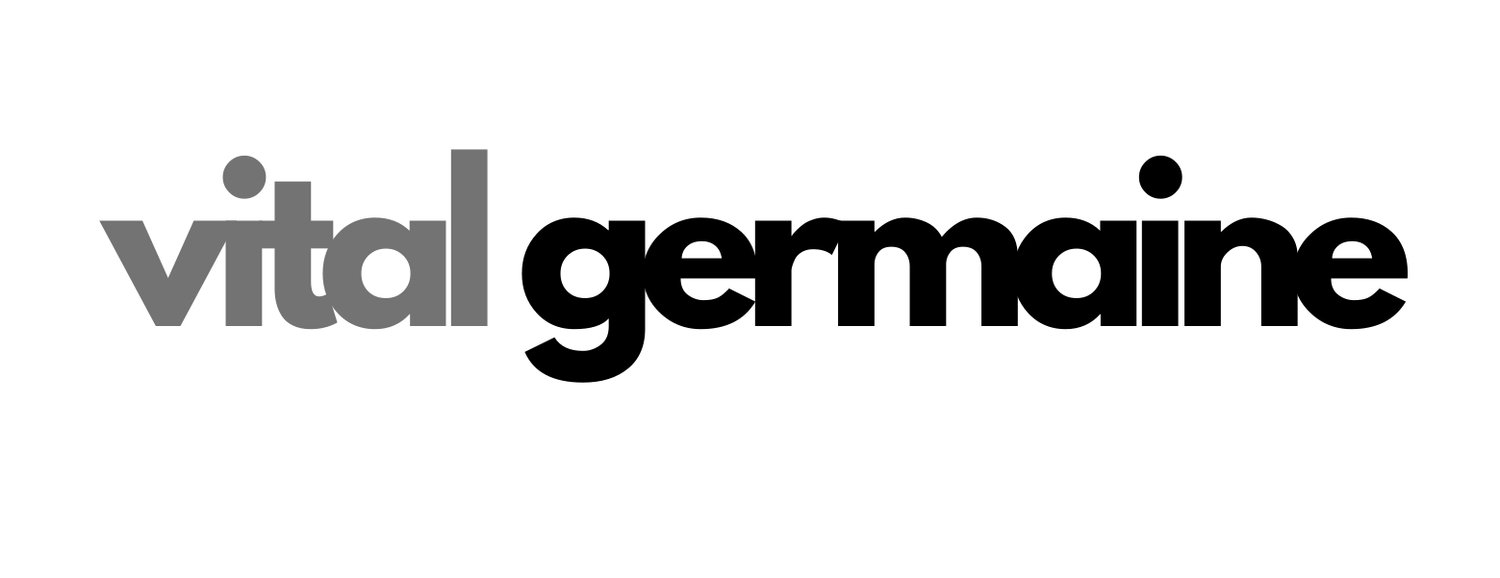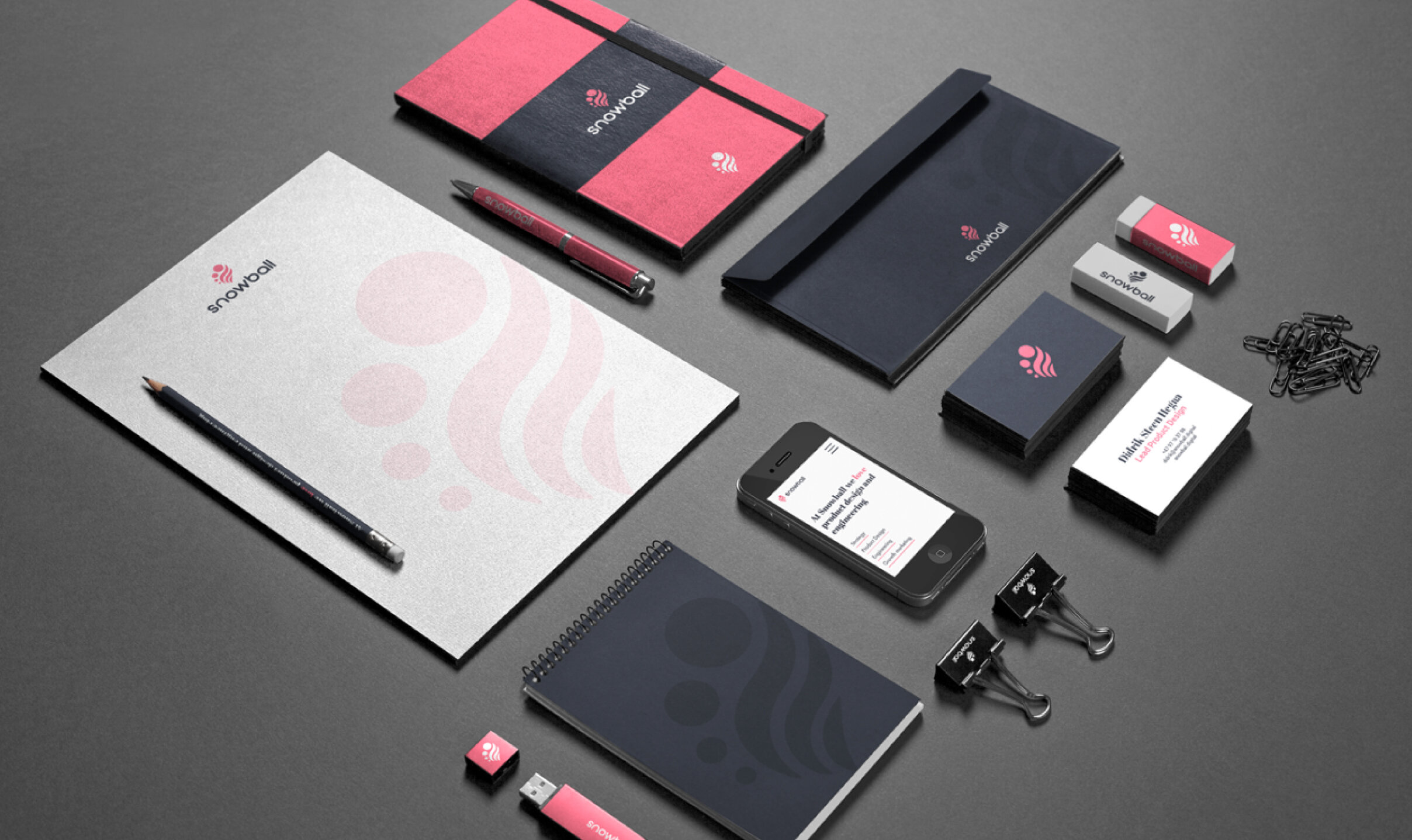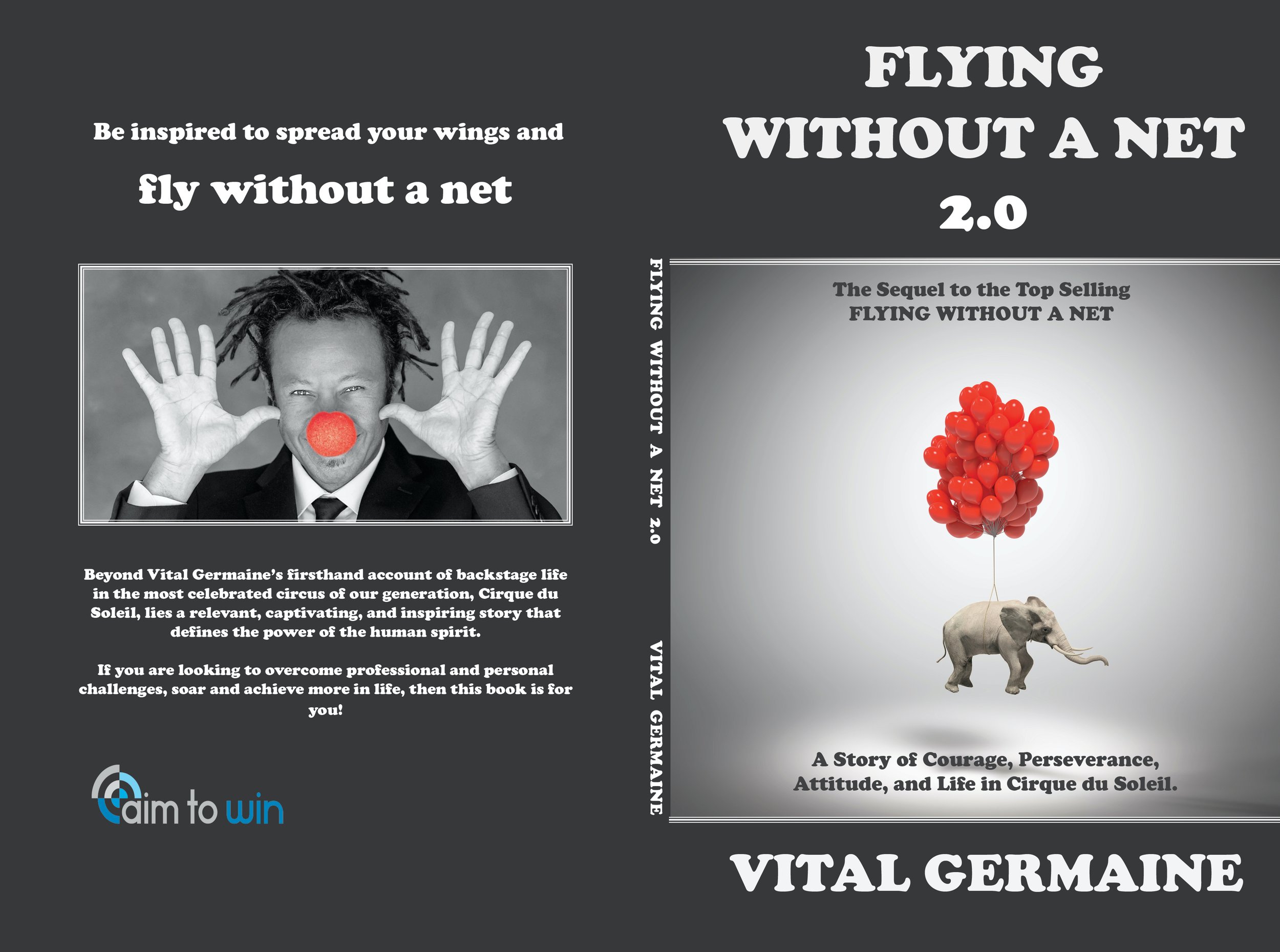Ending Racism? Is it possible?
/Where does that journey begin, considering slavery officially ended on June 19th, 1865, the date on which enslaved people in Galveston, Texas, finally received the news they were free. Or did it?
Adding the positive evolution of racism, we had the Civil Rights movement that promoted and inspired additional change. Ending racism is nonetheless, probably impossible. However, minimizing its degrading and oppressive nature is possible.
Despite clear evidence of systemic racism, and the existence of modern slavery, many will argue that racism no longer exists. If you don’t believe me learn about the school to prison pipeline for black males. If that isn’t enough, read the 13th amendment: Neither slavery nor involuntary servitude, except as a punishment for crime whereof the party shall have been duly convicted, shall exist within the United States, or any place subject to their jurisdiction.
The odds are too heavily stacked for racism to survive. The ultimate decision lies within the heart of an individual… YOU.
Why? Because, love, honor, respect, and dignity can’t be legislated. Governments and laws heavily influence a society, but they aren’t the only driving force. Social structures can be broken down into feudal system type pyramid that include: education/schools, churches, law enforcement, judges, prison systems, financial institutions, housing and jobs: yes, the systemic aspect. But without individual to perpetuate the cycle, racism as we know it could be numbed to the point that it has little impact. Maybe it will one day be trendy to be anti hate.
Most social systems that have been driven by greed and corruption (Belgian Congo, in particular, which cost an estimated 10 million Congolese lives between 1885 and 1908, and after Belgian's King Leopold II terror reign. The main reasons were from killings, famine and disease). Society either realizes that what is happening is no longer acceptable and economic or political sanctions are imposed (Apartheid in South Africa), or rebellions spawn en mass. It sometimes takes a single soul to topple injustice (Ghandi, Rosa Parks etc).
Regardless of the uprisings, changes in legistlation, racism will be forever present in our society. It’s a question of what are you willing to do, say and stand up for to make racism as ineffective as possible. If we succeed, then we shall have to wait and see if an, Animal Farm, (George Orwell) situation arises, by where the new leader, (a pig named Napoleon), overthrows an “evil” human ruler, to begin the cycle all over again as he oinks where the new upper echelons and lower dregs of society belong.
I still believe and live with optimism that ALL men were created equal… let’s rephrase that to all HUMANS to be inclusive of women and other modern variations… oh crap, that’s another blog!
“Be the change you want to see in the world.”
Ending racism is not the same objective as having representation. So, I don’t agree that ending racism/sexism is the goal. That cause takes away from the value of representation… something that has not yet been achieved (in select and isolated situations, yes), but not as a standard. Representation will eliminate the ability to inflict cultural/systemic racism/sexism. What individuals do is up to them… “You can’t legislate love.” Denzel Washington. But you can legislate against policies that are oppressive. In other words, a racist can hate me all he wants as an individual, but if decision making is diverse (representation) then that individual hate is neutralized and therefor inconsequential because it has no power.
The most simple fix is to increase or Empathy Quotient. When filled with an abundance of empathy, it becomes very hard to hate and oppress. It’s the great neutralizer and game-changer.









































